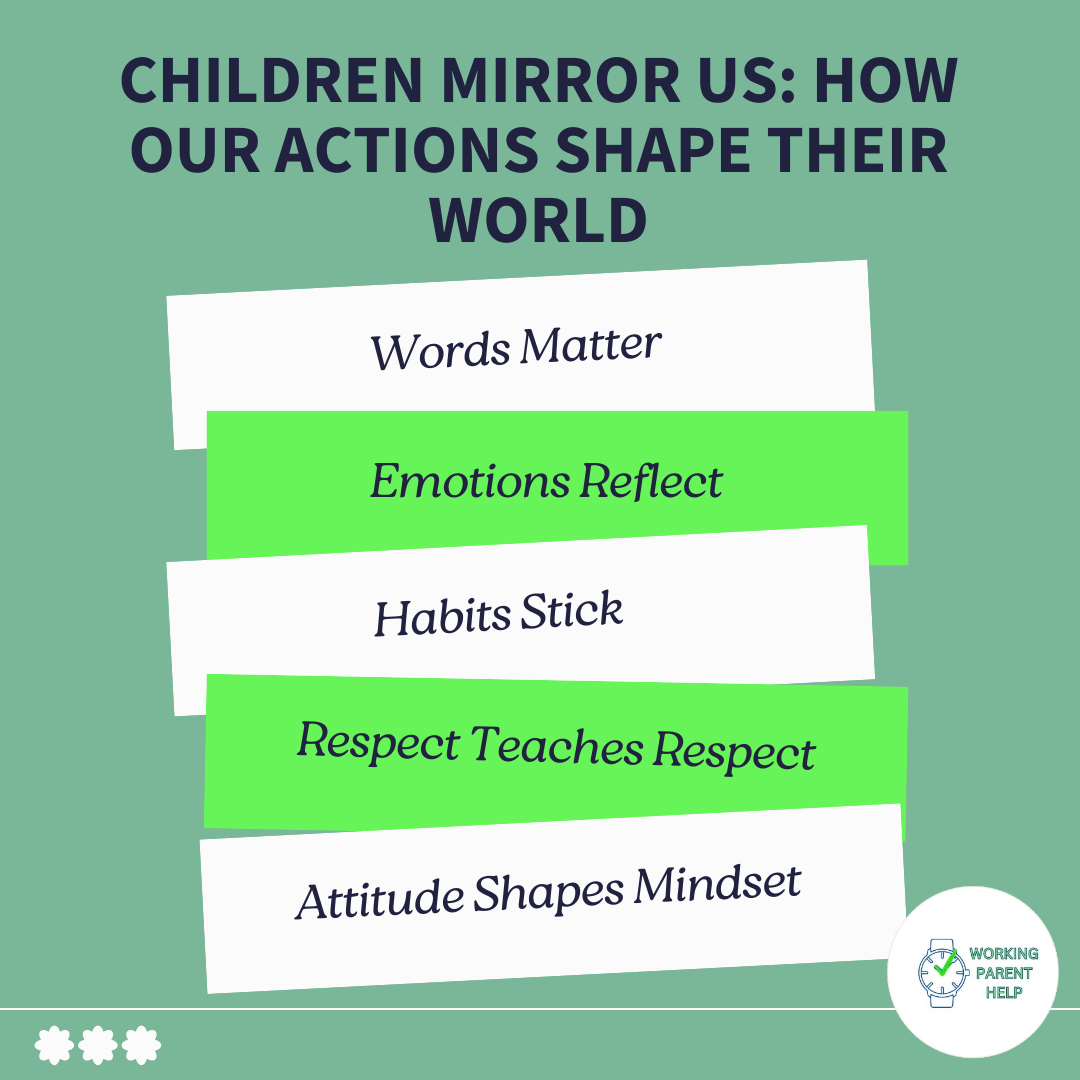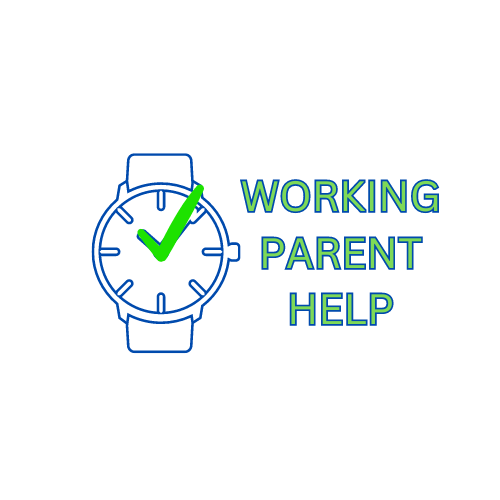
Children Mirror Us: How Our Actions Shape Their World
Ever caught your child parroting your exact words—usually the ones you wish they hadn't? Kids are like tiny, enthusiastic copy machines with zero quality control. They absorb everything: our words, emotions, habits, and attitudes. If you’ve ever realized your child picked up your habit of singing off-key in the shower or the way you say "oops" when you drop something, congratulations! You are officially shaping their world.
So, let’s break down exactly how our actions influence our little mini-me’s and what we can do to lead by (a slightly more polished) example.
1. Words Matter
Remember that time you stubbed your toe and let out a "colorful" word, only to hear it repeated at the dinner table later? Kids don’t just hear what we say; they internalize it. Our words become their inner dialogue, their way of communicating with others, and even their self-esteem booster—or deflator.
Instead of just telling kids to be kind, let them see it in action. Encourage gratitude, gentle honesty, and the magic of saying "please" and "thank you." You can even make it fun by involving them in activities that promote positive speech, like storytelling or role-playing with Montessori Kitchen Tools. These interactive tools help kids practice patience, teamwork, and confidence while learning real-world skills in the kitchen. And hey, if they start making you breakfast in bed? That’s just a bonus.
2. Emotions Reflect
Kids are emotional sponges. If we handle stress like a reality TV contestant about to get voted off the island, they will too. But if we show that it’s okay to take a deep breath, step back, and calmly problem-solve, they’ll pick up on that instead.
Modeling emotional intelligence isn’t about pretending to be happy all the time; it's about showing them healthy ways to cope. If you need a moment, take it—and let them see that self-care is a priority. Because if they witness you processing emotions constructively, they’ll learn to do the same.
3. Habits Stick
Have you ever noticed that if you make exercise, reading, or tidying up a normal part of your routine, kids eventually (and sometimes begrudgingly) follow suit? That’s because habits aren’t just taught; they’re caught.
If you want your child to develop good habits, start by making them visible. A designated space for their toys, for example, helps them understand responsibility in a fun way. The PlayNest Children's Organizer Container is a lifesaver in this department. It teaches kids the joy of tidiness (or at least, the "everything has a place" concept), making cleanup time a little less of a battle and a little more of a game.
4. Respect Teaches Respect
Ever seen a child demand something like a tiny CEO expecting a quarterly report? Kids learn how to interact with others based on how we treat them and those around us. When we listen to them with patience, apologize when we’re wrong, and treat others with kindness, they absorb those lessons like a sponge (a very talkative, energetic sponge).
So, instead of just telling kids to "be nice," let’s show them through everyday interactions. Say “good morning” to your neighbors, show gratitude to service workers, and practice active listening when your child tells you a five-minute story about a bug they saw. The way we respect them—and others—teaches them to do the same.
5. Attitude Shapes Mindset
If you’ve ever sighed dramatically over spilled milk, only for your child to follow suit the next time something minor goes wrong, you know the power of attitude. Kids take cues from how we react to life’s little (and big) frustrations.
When they see us approaching challenges with resilience and a positive attitude, they learn that setbacks are just stepping stones. Creating an environment that fosters this mindset can be as simple as involving them in household responsibilities, like organizing the pantry with GlassPro 24pc Airtight Pantry Food Containers. It makes even the most mundane tasks feel satisfying, and—bonus—they learn that everything in life has a place (even their cereal collection).
Final Thoughts
At the end of the day, we’re all just doing our best to raise good humans. And while perfection is impossible (unless you’re a robot, in which case, impressive!), being mindful of our actions goes a long way. So, let’s strive to be the best versions of ourselves—not just for us, but for the little eyes watching our every move.
What’s something funny or surprising you’ve seen your child mirror from you? Share your stories in the comments, and don’t forget to check out our other blog posts for more parenting wisdom (and laughs).
